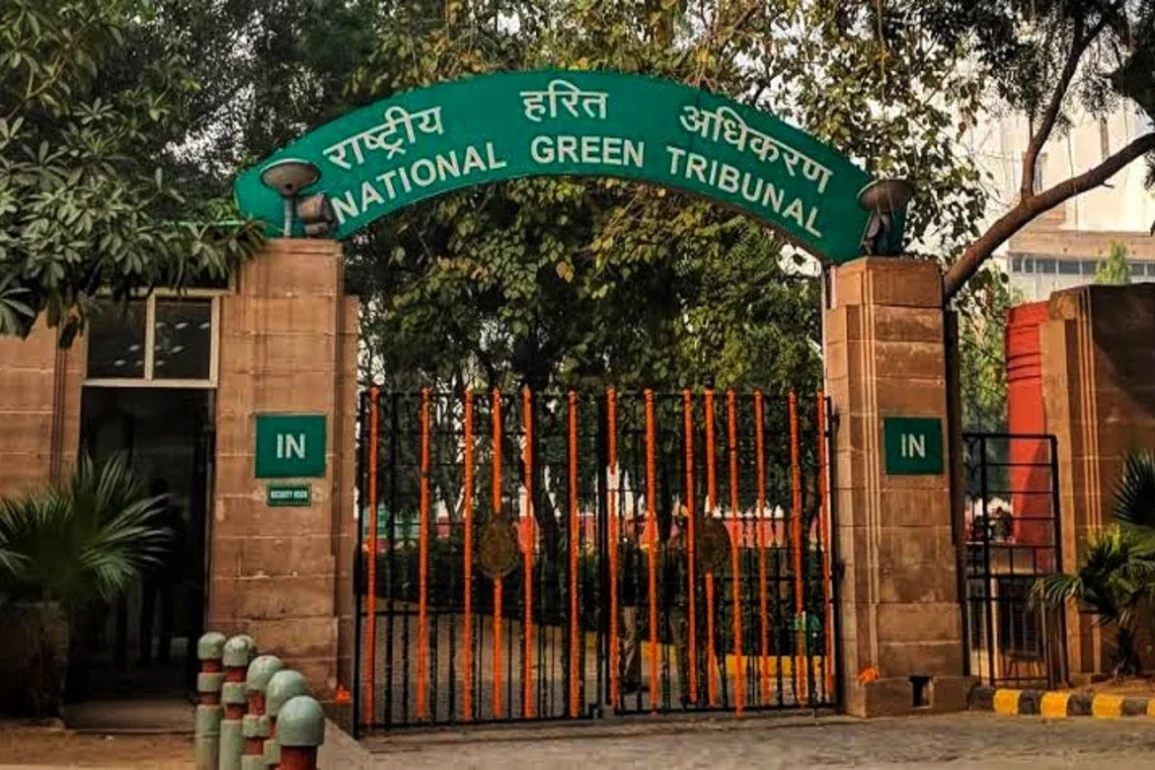In today’s world, where environmental issues are more pressing than ever, it is crucial to have effective mechanisms in place to address these concerns. One such mechanism is the National Green Tribunal (NGT), a unique and innovative system designed to provide a comprehensive and efficient approach to environmental justice. As a specialized body, the NGT has the power to take up and decide cases related to environmental protection, conservation, and preservation. In this article, we will go into the National Green Tribunal, exploring its definition, functions, and importance.
What is the National Green Tribunal (NGT)?
The National Green Tribunal was established in 2010 under the National Green Tribunal Act, with the aim of providing a fast-track and cost-effective solution to environmental cases. The NGT has benches located in various cities across India, including New Delhi, Pune, Bhopal, Kolkata, Chennai, Bangalore, and Kochi. The Tribunal has the power to take up cases under the Environment (Protection) Act, 1986, and other relevant environmental laws. The NGT’s jurisdiction covers a wide range of environmental issues, including air and water pollution, deforestation, wildlife conservation, and climate change.
Functions and Powers of the NGT

The National Green Tribunal has a range of functions and powers that enable it to effectively address environmental cases. Some of the key functions include:
* Taking up cases on its own or on an application made to it, including cases which were pending before the Supreme Court or any other court, tribunal, or authority
* Summoning witnesses and obtaining evidence
* Awarding costs and compensation to the parties affected by environmental damage
* Issuing directions, orders, and decrees to the respective authorities and parties
The NGT also has the power to review and set aside the orders and decisions of other courts, tribunals, and authorities, ensuring that the environmental laws are implemented effectively. The Tribunal also has the power to suo motu (on its own initiative) take up cases, enabling it to identify and address potential environmental concerns.
Importance of the NGT
The National Green Tribunal plays a critical role in ensuring the protection and preservation of the environment. Some of the key reasons for its importance include:
* Providing a focused and specialized approach to environmental cases, enabling effective and efficient decision-making
* Offering a platform for public participation and grievance redressal, ensuring that everyone has a voice in environmental matters
* Holding responsible those who are responsible for environmental damage and promoting accountability
* Issuing directions and orders that can have a significant impact on environmental protection and conservation
The National Green Tribunal is a vital institution in India, playing a key role in the protection and preservation of the environment. The NGT provides a unique and innovative approach to environmental justice, offering a platform for public participation and grievance redressal. By understanding what the NGT is, its functions, and its importance, we can better appreciate the critical role it plays in ensuring a sustainable and environmentally conscious future for our country.


